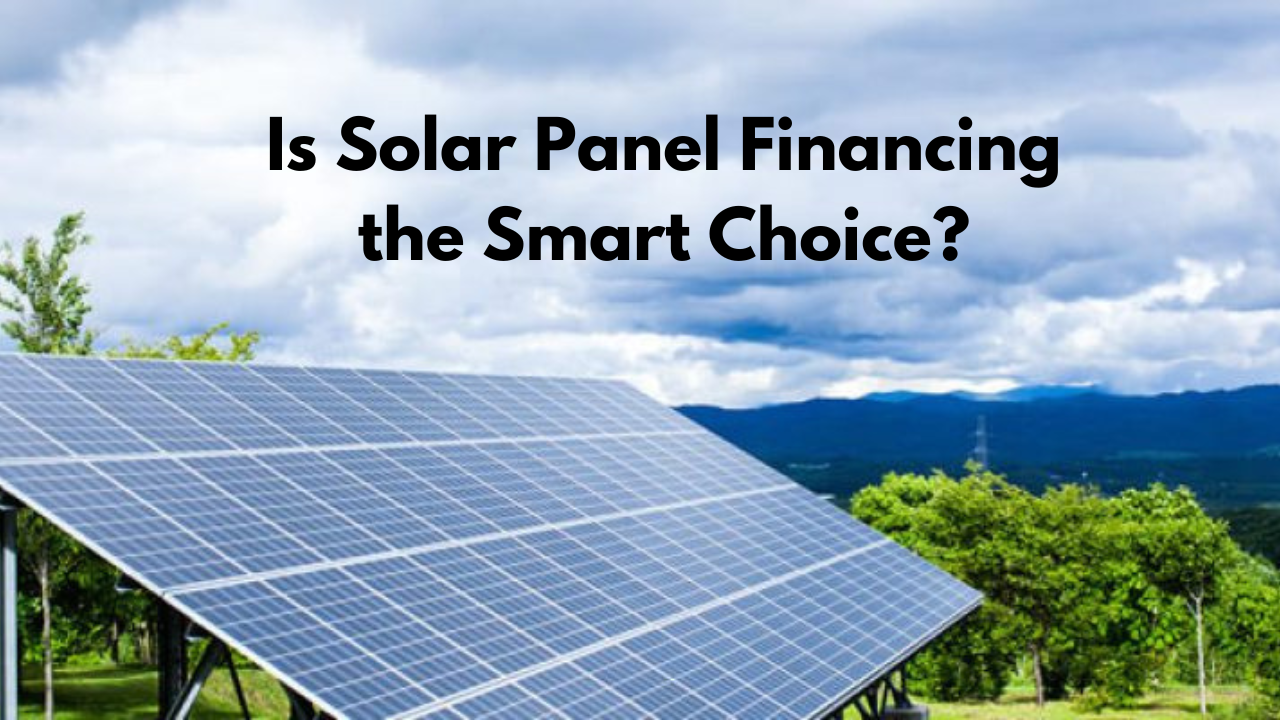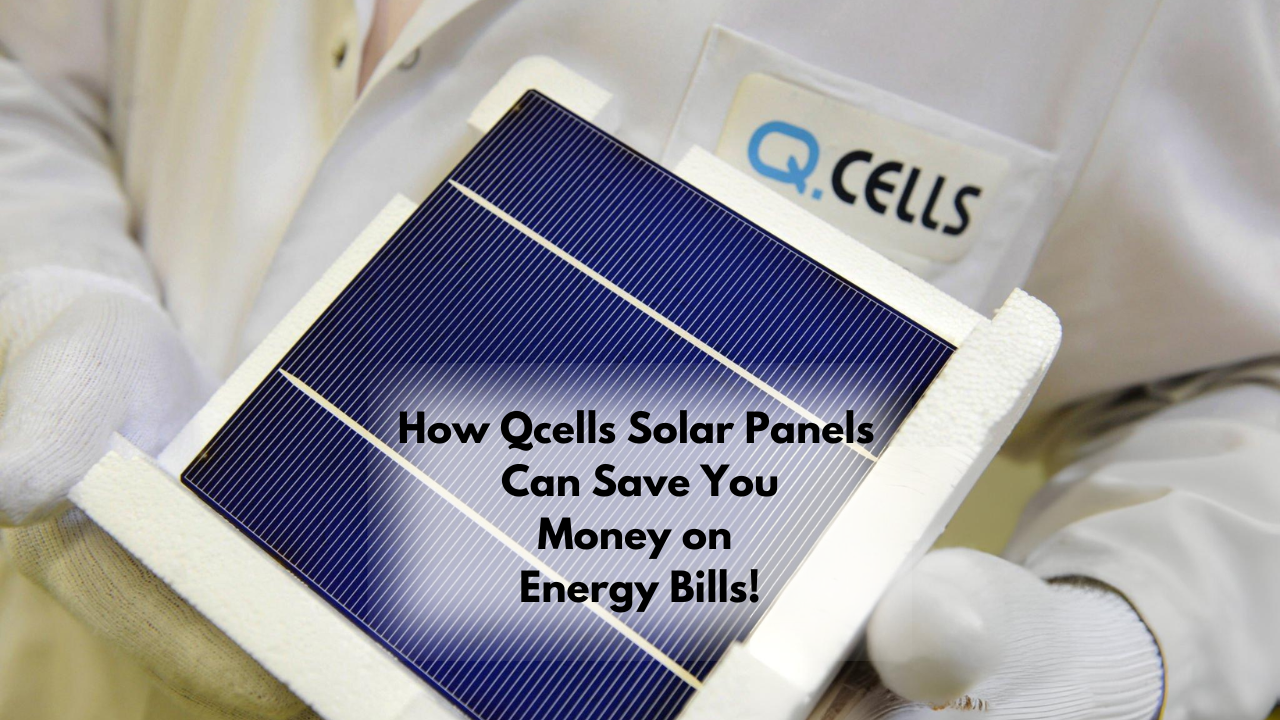Learn how to maximize farm and agriculture efficiency with solar panels. Many people get most of their power from the sun. Most people depend on solar panels to power their homes because they are environmentally friendly. In the US, a lot of people use solar power to cut down on their high electricity bills. A lot of people don’t know “how useful solar panels are for farms and agriculture,” though.
Solar panels are becoming more and more useful for farms and other farming businesses. They do more than just make clean electricity; they also help the earth, make money, and boost productivity. Solar energy looks like a good option as energy costs rise, weather changes quickly, and more people want to farm in a way that doesn’t harm the environment.
- Economic Pros and Cons
Farmers should use solar panels because they are good for their bottom line. Even though the cost of solar technology may seem high at first, the money you save on your power bills over time more than covers it. There is a lot of power that farms need, especially for tools, greenhouses, and irrigation systems. Solar power can help farmers rely less on traditional energy sources, which can change prices, or even completely eliminate their need for them.
The government also supports renewable energy through tax breaks, grants, and other benefits. The starting costs of solar installations can be lowered by these funds, which makes them more accessible to farmers. This makes investments pay off faster and makes sure that the economy will continue to gain from lower costs in the future.
- Benefits for the environment
Nature is very important to agriculture, so the natural benefits of solar panels are big. Getting farms to leave less of a carbon footprint helps protect the earth and make ecosystems healthier. Solar energy doesn’t pollute and can be used over and over again, which helps fight climate change.
Also, solar panels can make the land healthier and attract more species. People know that they are better for the earth than traditional ways of making energy. Solar panels can be added to farms without making big changes to the landscape. This lets local animals live in places that aren’t affected by the panels.
- Better operational efficiency
Solar lights can help farms run better. For example, they can power solar irrigation systems, which saves farms money and makes sure they always have water. These systems are made to keep water loss to a minimum while still irrigating plants properly at the right times.
Solar energy can also power temperature control systems in greenhouses, which makes sure that plants grow in the best conditions possible. This steady and dependable source of energy helps farmers stay productive, especially when growing seasons are busy or when power is hard to come by.
- Dependable and independent energy use
One of the best things about solar cells is that they don’t need any electricity. A lot of farms are in rural or remote places that aren’t very close to the main power grid. Farmers can make their own power with solar energy, which makes them less reliant on energy from other sources. This makes sure there is a steady flow of electricity, which lets farming go on all year.
Solar power is also very stable. Sunlight is a constant and plentiful resource, unlike fossil fuels, whose prices change and whose supply chains can break down. By using solar power, farms can make sure they always have electricity for their tasks and lower the risk of running out of power.
Finally, Some Words
It is very important to know how well solar panels work for crops and farming. They not only make clean electricity, but they also help the earth, make things more productive, and make money. Solar energy is a good option when energy costs are going up, the weather is hard to predict, and farmers are being pushed to use more environmentally friendly methods. Get in touch with us for more help. Explore more with Black Sun Roofing and Solar.
Tips for farmers who are thinking about getting solar panels:
- Before you put up solar panels, you should figure out how much energy your farm needs.
- Look into the grants and rewards that the government offers.
- Solar panels that have been used before should be chosen.
- Think about methods that can be used for both farming and making solar energy.
- Plan for monthly maintenance to make sure that everything works at its best.
- Keep an eye on how much energy is being made and used to get the most out of it.
- Work with solar installers who have a lot of knowledge and know how to use solar power in agriculture.



